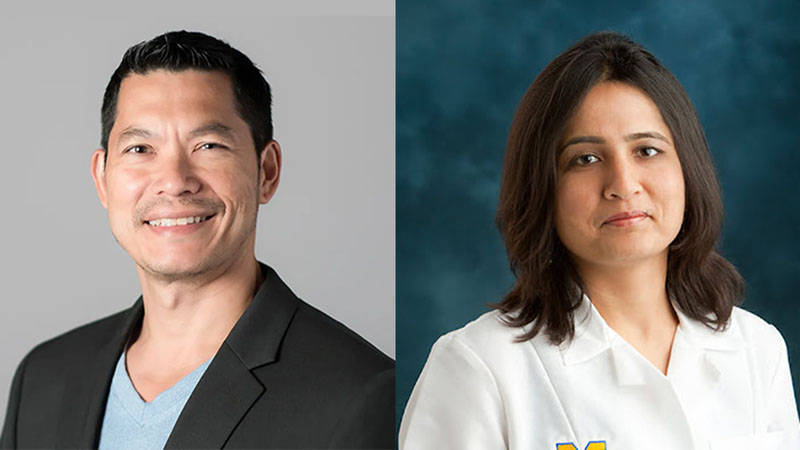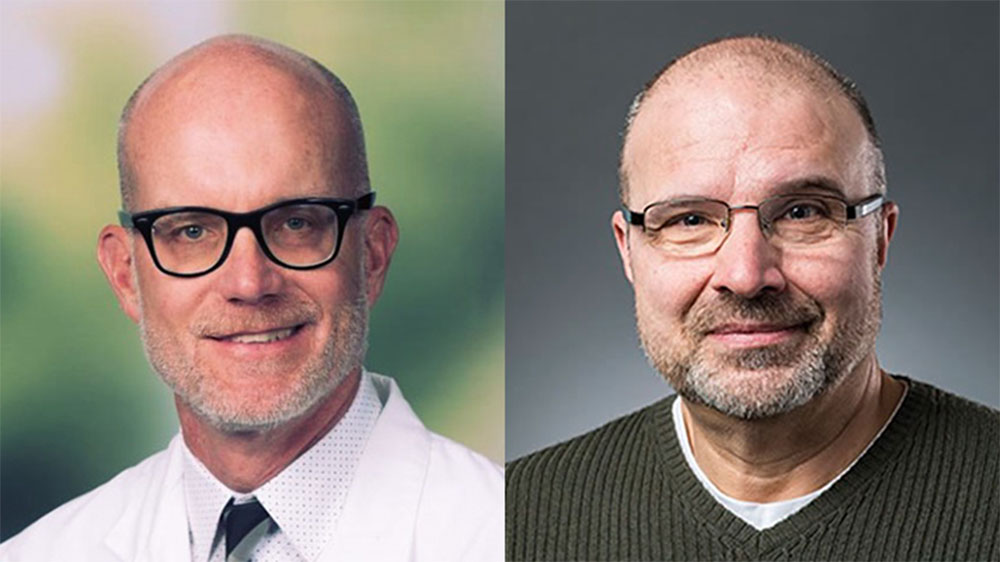
Jennifer L. Giddings, DNP, CRNP, FNP-BC
Erik K. Fromme, MD, MCR, FAAHPM
I had just started my first job in long term care at a 150-bed skilled nursing facility in a densely populated city on the East Coast. During my third month on the job, COVID-19 cases skyrocket from 120,000 to over 1 million. My organization reacted immediately, restricting visitors, minimizing patient interaction, and implementing every possible protocol to prevent the virus from entering and overtaking the facility. Despite all these efforts, COVID-19 took over our building, infecting many patients, staff, and providers. Knowing that we’re working with the highest risk population for mortality with COVID-19, I began calling family members to notify them of the outbreak but also to discuss advance care plans if their loved one becomes gravely ill. Faced with this impossible task as a new provider to the facility I was speaking to many of our patient’s family members for the first time. Met with an array of questions and emotions from blame, fear, anger, and sadness I pushed through each painstaking conversation trying to ease the fears of the unknown.
Despite bearing the worst of the COVID-19 pandemic, staff and residents of LTC facilities have not received the attention, resources, or support received by hospitals, emergency rooms, and intensive care units. To better understand what was happening, we [1] began calling on colleagues working in long term care facilities, on the front lines in clinical and administrative and in academia. Communication challenges like those described were common, but there was a drastic difference in how these conversations were received depending on whether they were done proactively before the facility had been hit hard by COVID-19 compared to when the conversation had to happen because a resident had become sick or tested positive.
Proactive conversations were met with relief and gratitude and many questions about what was being done to prevent infection and ensure patients were still receiving care despite isolation precautions. Reactive conversations were often met with fear, anger, mistrust, and an undercurrent of blame that the facility had not done enough to prevent infection.
Proactive serious communication is not just about preparedness for critical illness, it’s also about care – letting families know–since they can’t see their loved one–that they are not alone and what the facility is doing to protect them and care for them.
How to start such a conversation? Begin by explaining why you are calling. Ask about the resident’s or family member’s worries. Include the resident when feasible. After that, goals can include ensuring that residents and surrogates are informed about how COVID-19 can affect residents, that existing advance care planning documents are up to date, and that any plans or orders for how the resident will be cared for in the event of a severe case of COVID-19 are understood and agreed upon, particularly regarding hospital transfer. Start with the highest risk residents and keep going until every resident has had the opportunity to have this important conversation. It may seem like a lot of work, but remember, good communication always takes less time than poor communication!
To make this easier, we’ve developed the Ariadne Labs “COVID-19 Conversation Guide for Long Term Care” and supporting materials including an implementation tip-sheet and demonstration video. The one-page Guide can support both proactive and reactive serious illness conversations around COVID-19 infection, balancing providing information with COVID-19 with eliciting information about worries and preferences. The goal is to help the patient and/or surrogate and the clinician have enough information and common understanding so that the clinician can make a patient-centered recommendation for care should the patient get very sick with COVID-19.
The Serious Illness Care Program at Ariadne Labs. Our vision is that everyone affected by serious illness feels known and cared for on their own terms.
by: @Penn_Geriatrics and @AriadneLabs
___________________
[1]The Serious Illness Care Program at Ariadne Labs. Our vision is that everyone affected by serious illness feels known and cared for on their own terms.



